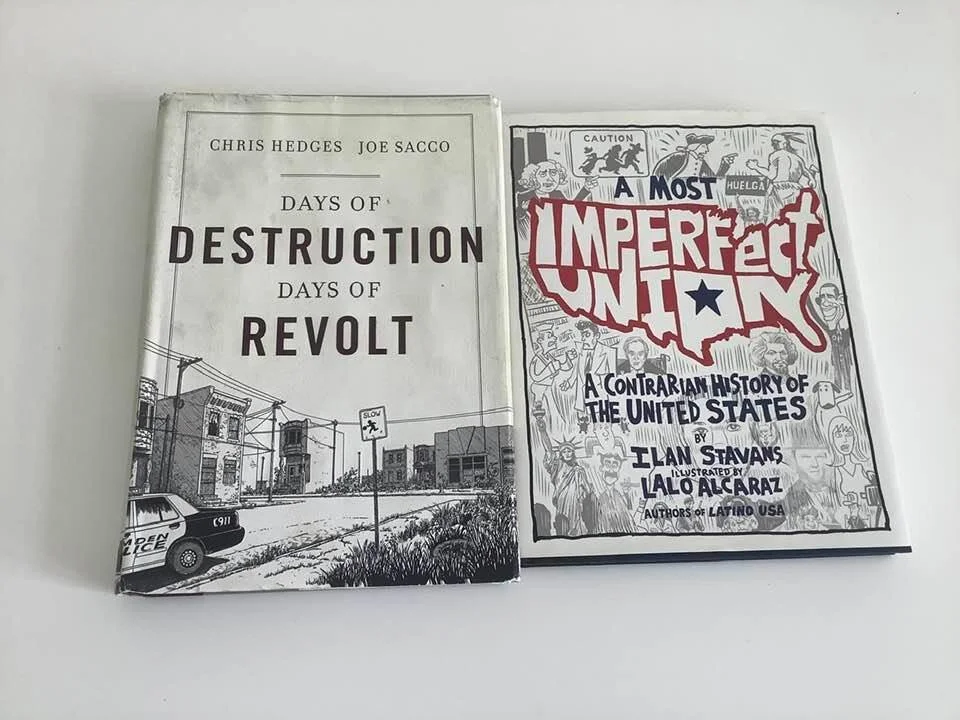Kenneth P Vogel: Big Money & Ronald Brownstein: The Second Civil War & Suzanne McGee: Chasing Goldman Sachs
These are all substantial books (some very much so) that deal with various, related crises and situation in the USA in recent years. All have those (irritating) characteristically American subtitles of length that try to summarise the whole book and I give them below for information:
Vogel: 2.5 Billion Dollars, One Suspicious Vehicle and a Pimp - on the Trail of the Ultra-Rich Hijacking American Politics
Brownstein: How Extreme Partisanship Has Paralysed Washington and Polarised America
McGee: How the Masters of the Universe Melted Wall Street Down - and why they’ll take us to the brink again.
To a large extent these books are detailed summaries of news events but with the benefit of hindsight and with much fascinating insider detail about exactly what happened - particularly with McGee’s Goldman Sachs book which at times can be overwhelming.
Of the three, this one (Goldman Sachs) is probably the most serious in tone and approach with a considered and measured approach to the traumatic events being described and explained. At times it became a bit too detailed for this general reader but there is no denying the devastating details that accumulate and help to explain not just what happened and why. I suspect it would probably well bear re-reading now - sadly.
Big Money is written in a much freer, more ‘shouty headline’ style (as strongly hinted at in the length and style of the subtitle) - I suspect the author would like to see himself as something of a gonzo journalist, not least as he is a central part of the narrative - much ‘I this…’ and ‘I that…’. The story it tells has been told before (with the Kochs in particular, in a much more well-researched and sober style in Dark Money, previously commented upon). This book, like all of these to a greater or lesser extent, was more involving when read while living in the USA and while such events and situations were unfolding around me. I am not sure how well it would now read if revisited, unlike McGee where the style and depth has more permanence and worthiness of revisiting.
The Second Civil War falls between these two in terms of style and approach and, more than the others, is something of a summing up and overview of what has happened over a longer period of time. But again, it had much more impact when living in the USA and following politics in the daily press as opposed to seeing things from afar from Eastern Europe.
All of these are very sound and often entertaining books however.


